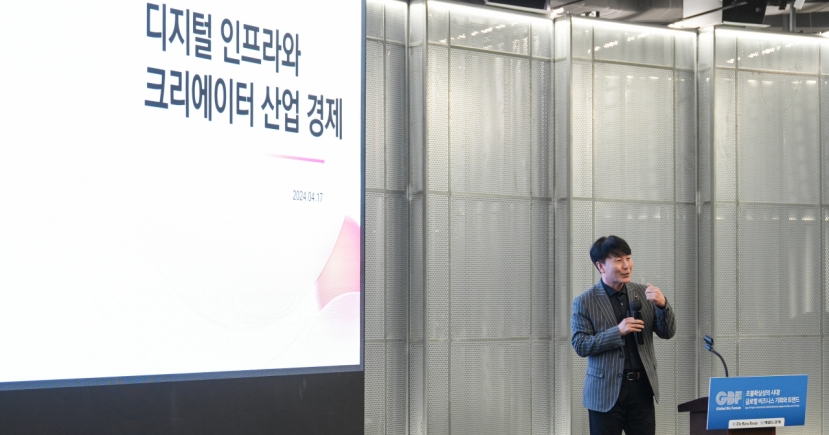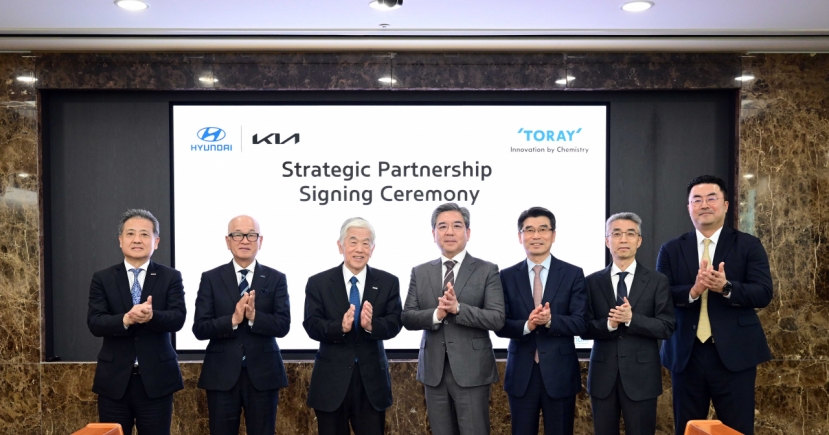Industrials
Falling oil prices dash hopes for offloading KNOC’s offshore assets
Following faulty investment decisions that led to an outstanding debt of 17.39 trillion won (US$15.45 billion) with a debt-equity ratio of 940 percent in the first half of 2018, state-run Korea National Oil Corp. faces a looming financial crisis.
Created in 1979 to ensure the country’s energy security, it is now the target of criticism for its overseas investments during the Lee Myung-bak administration from 2008 to 2013.
KNOC had invested in a total of 96 projects overseas by the end of 2017, pouring in some 23.8 trillion won. But 9.7 trillion won of that amount had to be written off as losses.
 |
A notable example is Harvest Energy, which accounts for 25 percent of KNOC’s total debt. The Korean energy firm bought Harvest and its subsidiary North Atlantic Refining for $3.95 billion in 2009. An inspection revealed that KNOC had vastly overestimated Harvest’s capacity and reserves.
In the 10 years from 2007 to 2017, KNOC’s debt-equity ratio surged from 64 percent to nearly 1,000 percent, while its 200 billion won-plus net profit plummeted to record losses of 675 billion won.
KNOC is now trying to salvage what it can by disposing of some of its overseas assets, but industry watchers say that falling oil prices are dashing its hopes.
Under pressure
Before resorting to selling its offshore assets, KNOC had taken other desperate measures -- including selling its Ulsan headquarters for 220 billion won in 2017. But the Board of Audit and Inspection later found that this too was a loss-making move.
“The government is putting pressure on KNOC to improve its earnings,” said a company official on condition of anonymity.
KNOC is now left with limited choices. In 2018, a civilian expert-led task force formed by the Ministry of Trade, Industry and Energy recommended the disposal of KNOC’s overseas assets.
According to multiple industry sources, KNOC is planning to sell at least three assets -- Dana Petroleum in the UK and Eagle Ford in the US as well as Harvest, which KNOC has been trying to sell since 2013.
If successful, it could increase its capital by as much as 2.6 trillion won by selling Dana and Eagle Ford. This could lower the debt-to-asset ratio to 390 percent from the current 939 percent.
The company’s management and some market watchers apparently see positive prospects for the asset sales, but others see a tough road ahead.
KNOC CEO Yang Su-yeong said in November that the sale of Dana would be finalized in the first half of this year, adding that Dana was a solid asset and KNOC hoped to sell somewhere between 30 percent and 49 percent of it while maintaining management rights. KNOC bought a 100 percent stake in Dana for 3.4 trillion won in 2010. The UK company’s book value was 1.99 trillion won as of the end of 2017 and a 30 percent stake was worth about 600 billion won, according to market estimates.
KNOC’s stake in the Eagle Ford shale project will also be put up for sale. It bought a 23.67 percent stake in the shale gas project for US$1.5 billion from Anadako in 2011. In 2012 the local private equity fund Bogo Investment, since renamed VIG Partners, bought a 5 percent stake from KNOC for 550 billion won. VIG, with tagalong rights, is also selling its stake.
Falling oil prices
The prospects of selling these overseas assets, however, dimmed with the dramatic decline of oil prices in the fourth quarter of 2018. US crude oil prices, for instance, fell 40 percent -- from US$75 in the beginning of the quarter to US$45 per barrel. The fourth quarter wiped out the oil price recovery achieved during the 2 1/2-year period that began in 2016.
The valuation of KNOC’s foreign assets hinges on oil prices, meaning the planned sales could be in jeopardy.
Although some analysts say oil prices will rise in the long run, they are expected to remain bearish for this year.
“Growing economic concerns, falling stock markets and emerging doubts that the trade conflict between the US and China will be resolved are putting oil prices under pressure,” said analysts at Commerzbank in a report.
“The fourth-quarter collapse in oil prices have had companies and analysts alike cautious on the outlook for 2019,” said Michael Sousoulas, an analyst with US-based financial advisory firm Mercer Capital,
One market watcher noted that investors tend to get jittery on falling oil prices. “KNOC will have to gauge the market sentiment,” he said.
 |
Sanchez rig drilling the Eagle Ford Play in southwest Texas |
Potential buyers
Outside of the country, Sanchez Energy, the largest shareholder of the Eagle Ford project, which bought the project from Anadako in 2017 with the private equity fund Blackstone, might still be interested in KNOC’s shares. Sanchez attempted to buy shares held by KNOC, but KNOC decided not to exercise tagalong rights.
Japan’s Inpex might be another potential buyer. The CEO of its US subsidiary said last month that his company was seriously considering establishing itself in Eagle Ford Shale according to the Houston Chronicle newspaper, based in the Texan city.
Neither Sanchez nor Inpex could be reached as of press time.
The task force mandated to turn KNOC around isn’t making it any easier to sell offshore, as it remains vigilant against wealth outflows and is calling on KNOC to sell to domestic companies. It is also warning against bargain sales.
According to an industry source, KNOC has tapped domestic financial investors and strategic investors as potential buyers, including Samsung C&T, LG International, SK Innovation, POSCO Daewoo and Yesco.
However, analysts predict that overseas strategic investors will be more interested. Local companies have been passive in terms of buying foreign assets, especially after seeing that some of the overseas investments were bad news.
“Now everyone knows what kinds of projects they are. Who would want to buy a company proven as a financial failure?” asked one industry source, who wished to remain anonymous.
He added that the government might be considering incentives for domestic buyers to push the sales through and normalize KNOC’s management.
By Park Ga-young (gypark@heraldcorp.com)








